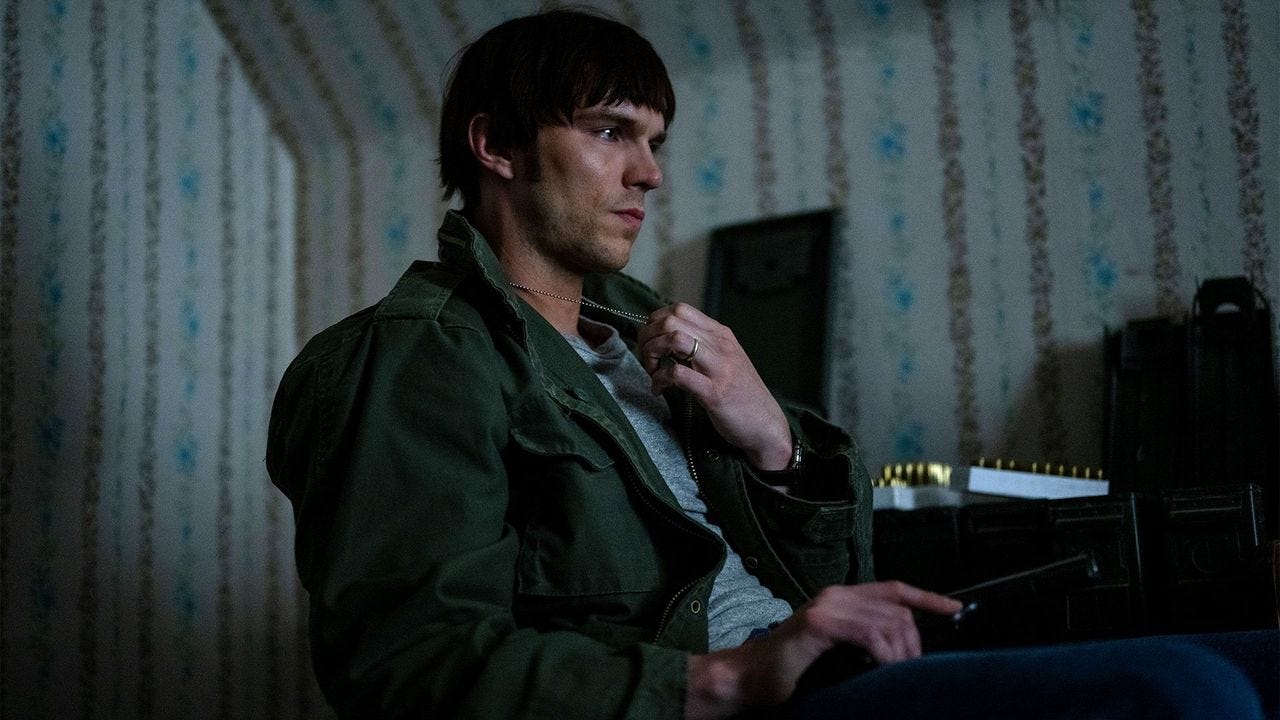🎬 #158 How Do You Remember A Film?
Been thinking recently about what makes someone like a film or even, as the title suggests, what can be remembered from a film. It’s difficult to hold one entirely in your mind - you might be able to keep the broad strokes of the story there or the sense of a character. You might even be able quote it if you’ve seen it 50 times and know it more intimately. But still how and what elements of a film do you remember when you’ve watched it once, 12 or 50 times?
I feel like remembering a film is like a half-remembered dream. In many ways they’re similar - with theories of dreaming that suggest narrative structures - from the introduction of early theatre, novels and then films alter how we dream and impose a narrative construct on the stream of images that are projected from, and unto our unconscious every night. Films, like dreams, to me are remembered as feelings - the combination of image and sound to conjure up an emotion that can’t be spoken. That can’t be wrangled into expression in any other form - and that’s why it’s ended up as a film or a dream, I suppose.
Happy choosing, happy viewing
Bry
FILM ONE: DREAMS
[Japanese title: Yume]
1990 Dir Akira Kurosawa
1 hr 59 mins
Best enjoyed as a pure audiovisual experience - this film, is a meld of recurring dreams the director had, stories inspired from his life, Japanese folklore and apocalyptic visions. This the kind of film someone near the end of their career makes. When you feel like you’ve conquered everything else filmmaking can offer in a traditional construct, you do something like this. Especially when you’re Akira Kurosawa.
Surreal, theatrical, grand - a combination of utopian and dystopian, this is an intimate look into the mind of one man. But interestingly, even though this is such a personal film - he had a co-director - Ishirô Honda who directed many films in the Godzilla franchise. The film is perfectly summed up in the tagline, which is lovely in its own right:
The past, present, and future. The thoughts and images of one man... for all men. One man's dreams... for every dreamer.
TL;DR: Kurosawa’s meditation on dreams and the story of a life and nation is unlike anything else in his filmography.
*Available for a small rental fee on Apple and Amazon in the US and the UK.
Fact: Martin Scorsese plays Vincent Van Gogh.
FILM TWO: THE ORDER
2024 Dir Justin Kurzel
1 hr 56 mins
I’ve really enjoyed every Kurzel film I’ve seen. His latest feels like a combo of everything his filmography has been building up to. Based on true events - the film gives us an insight into the creation of a fanatical militia, hell bent on starting a war with the US government - motivated by their Neo Nazi beliefs. It’s intense subject matter and what's great about Kurzel’s handling of it, is that it’s nuanced. Even within characters whose beliefs are totally antithetical to your own, he finds a humanity there. There are simple moments in the film where you understand why lost people are drawn to these cults. They find a belonging there and that’s what everyone is really looking for at the end of the day.
Everyone in the film is excellent - they add lovely touches of realism to their characters - simple ways of acting when trying to get air into their lungs after the tension of a gunfight - or how they might glance out a window after an empty phone call. These little choices paint us a world where justice doesn’t really feel satisfying, where things happen and are left open. This is an open loop film that feels closer to the reality of these kinds of situations, about this kind of life - in a way that’s truer to how existence is. Things go unsatisfactorily unresolved every day.
TL;DR: Kurzel’s follow-up to Nitram is a bigger look at the themes he’s investigated throughout his filmography.
*Available for a small rental fee on Apple and Amazon in the US and Amazon in the UK.
Fact: Kurzel tasked Hoult to follow his co-star Jude Law around for the day without being discovered.



